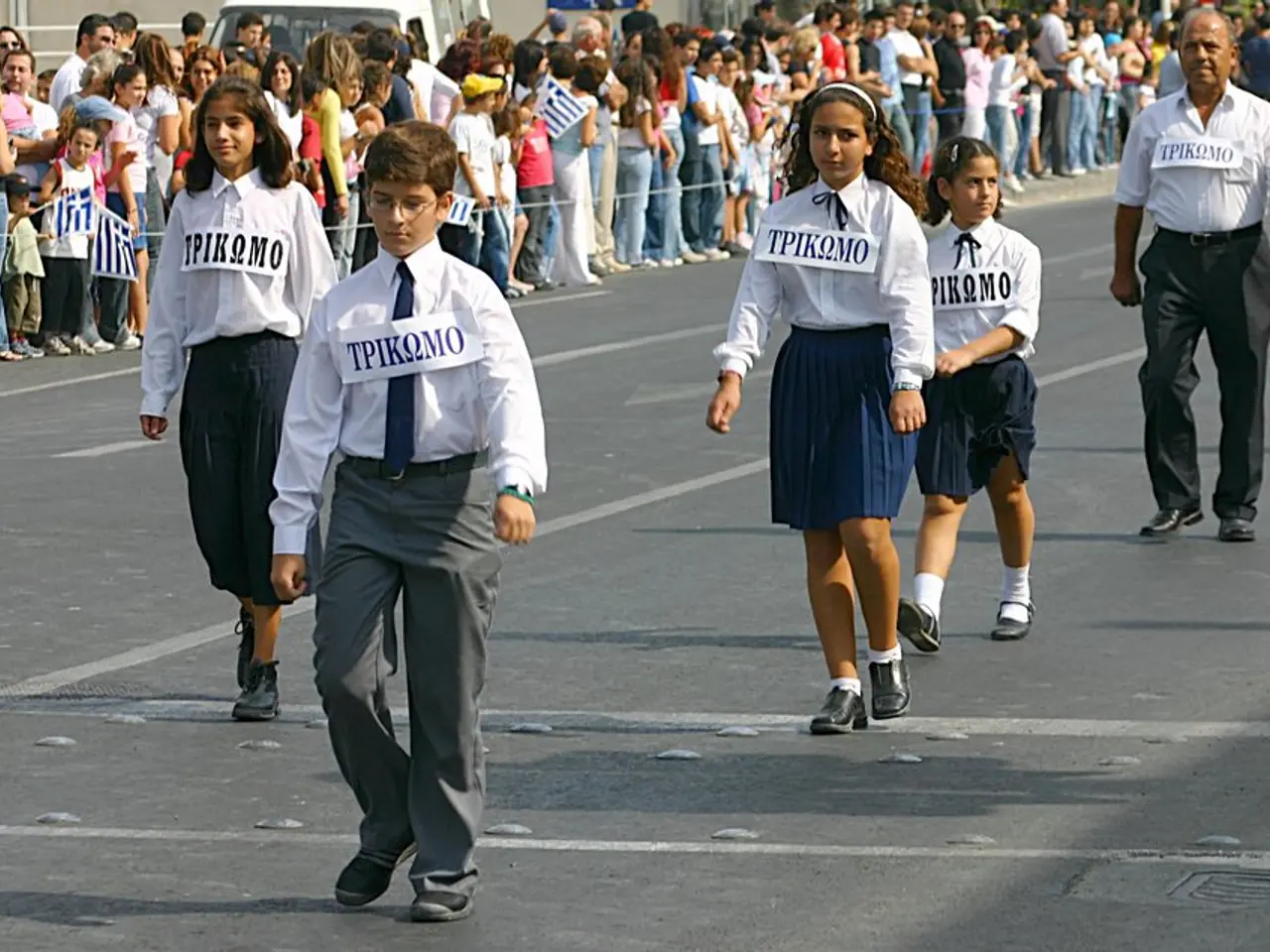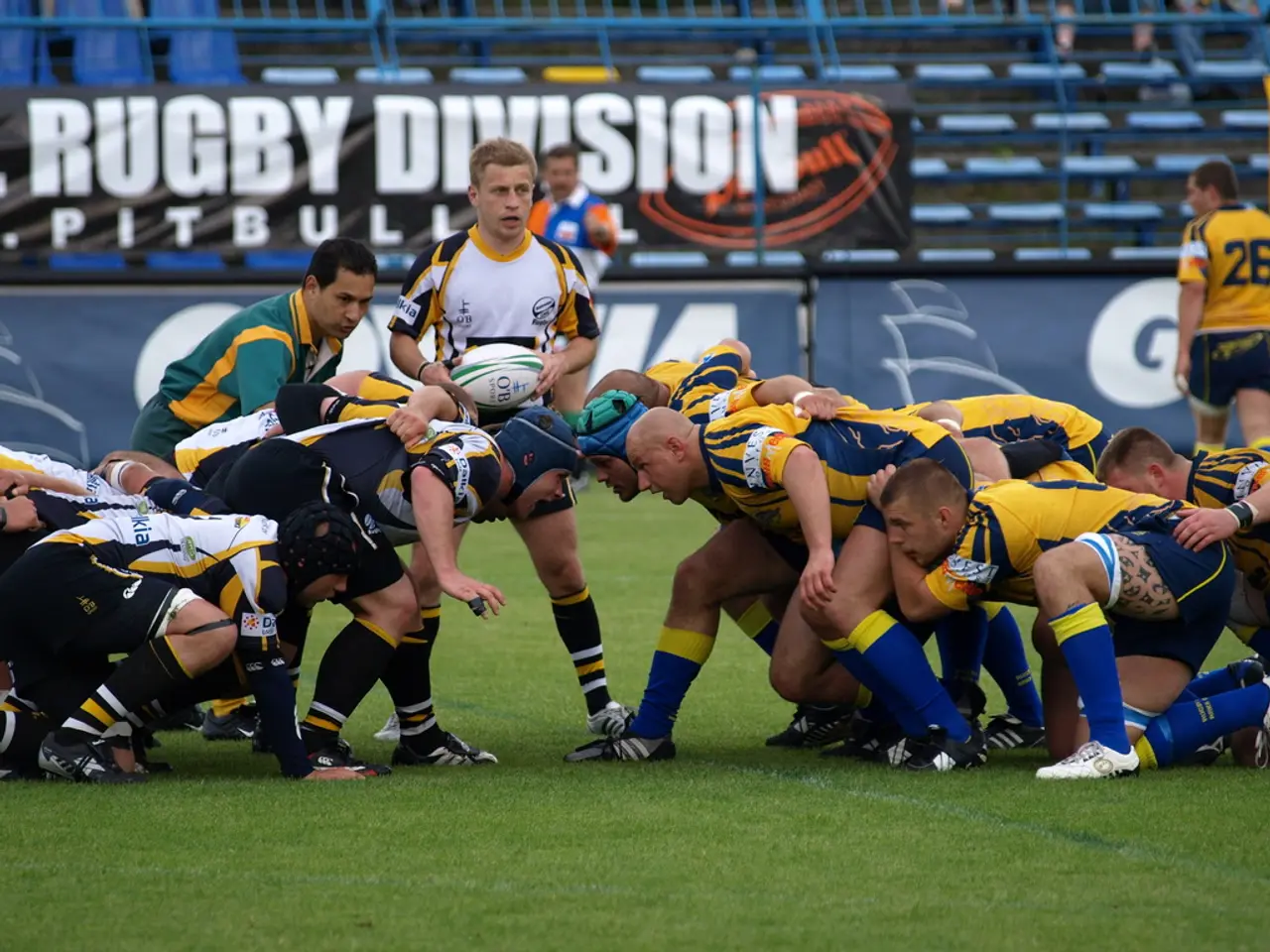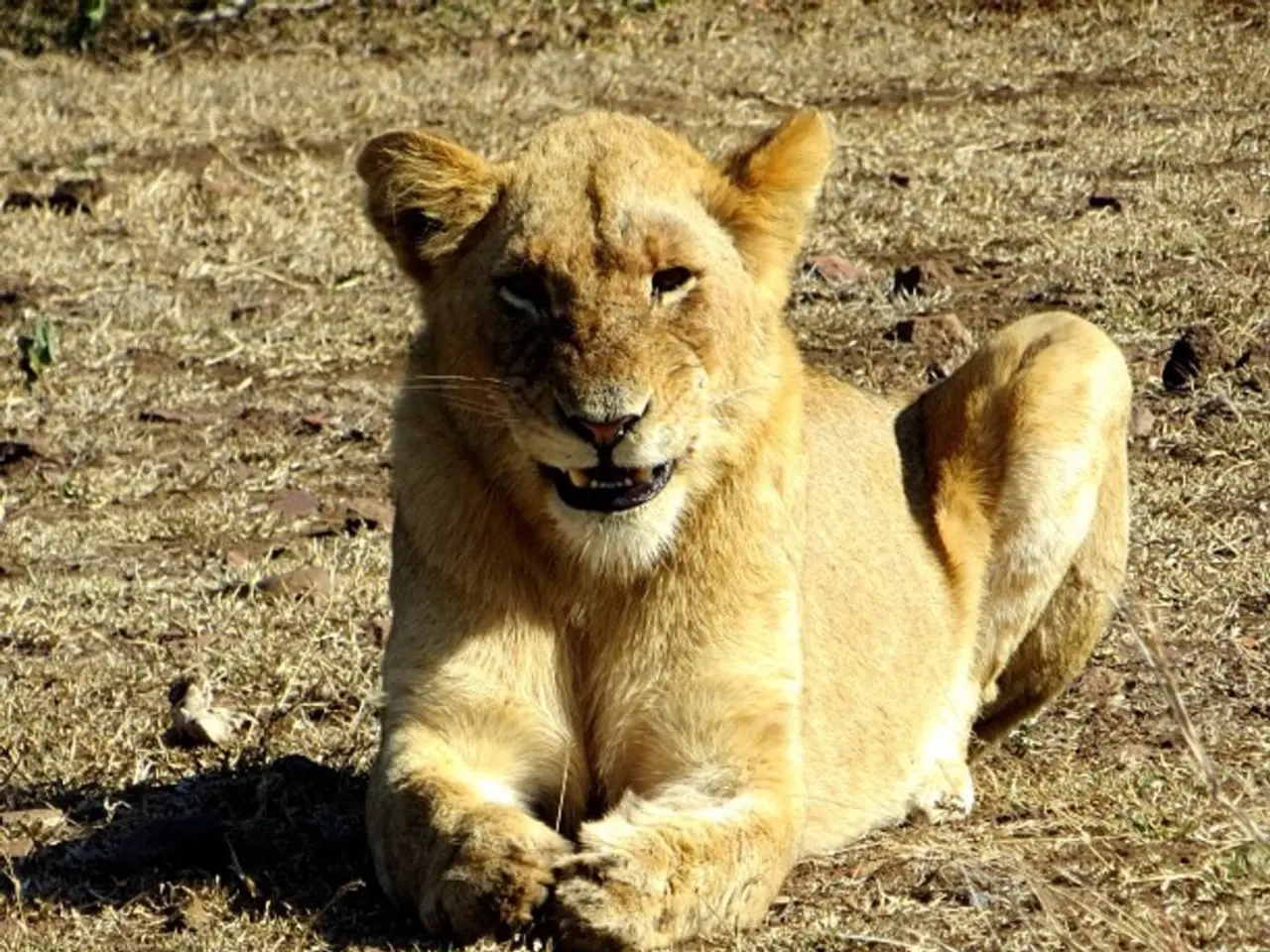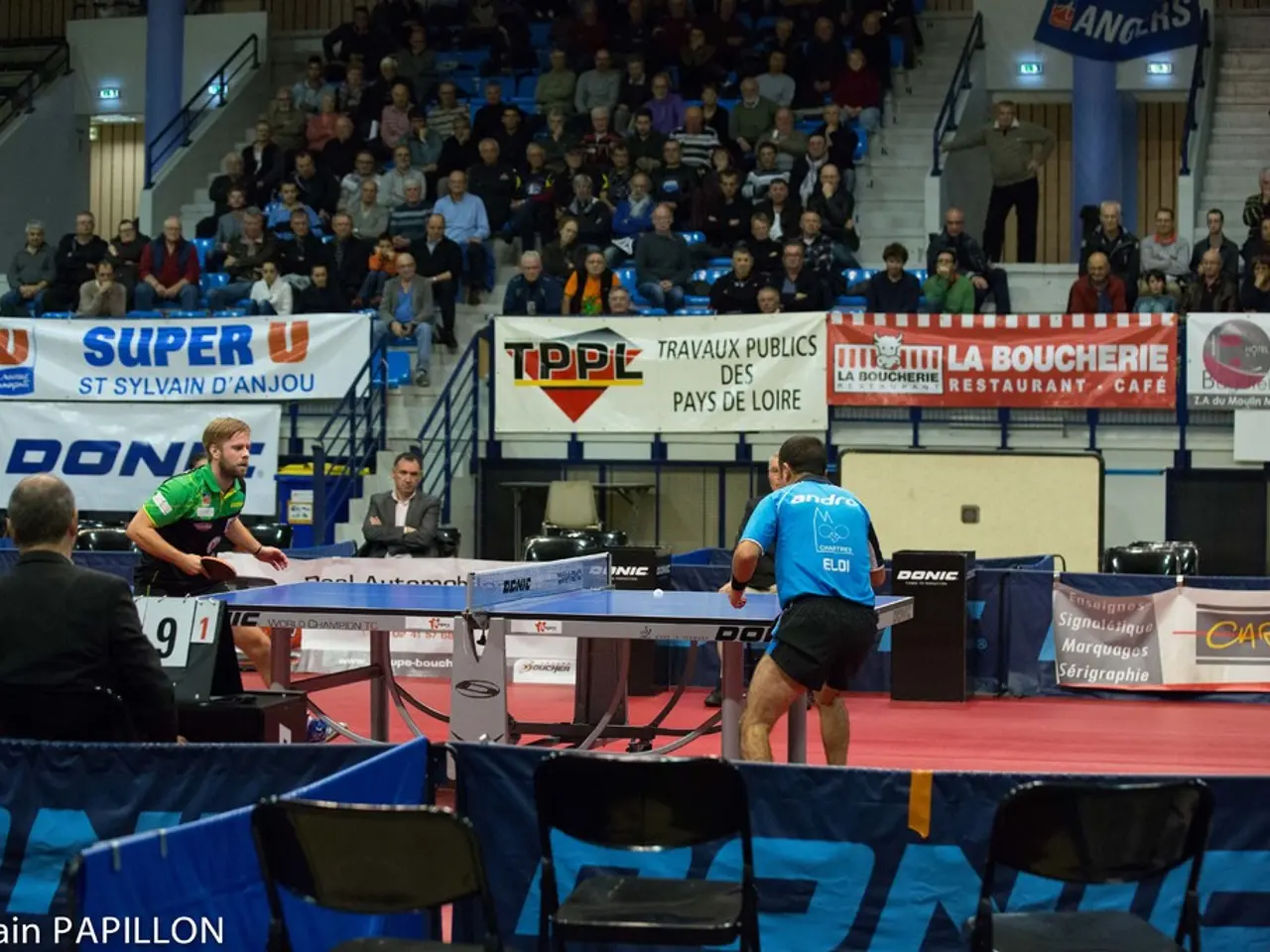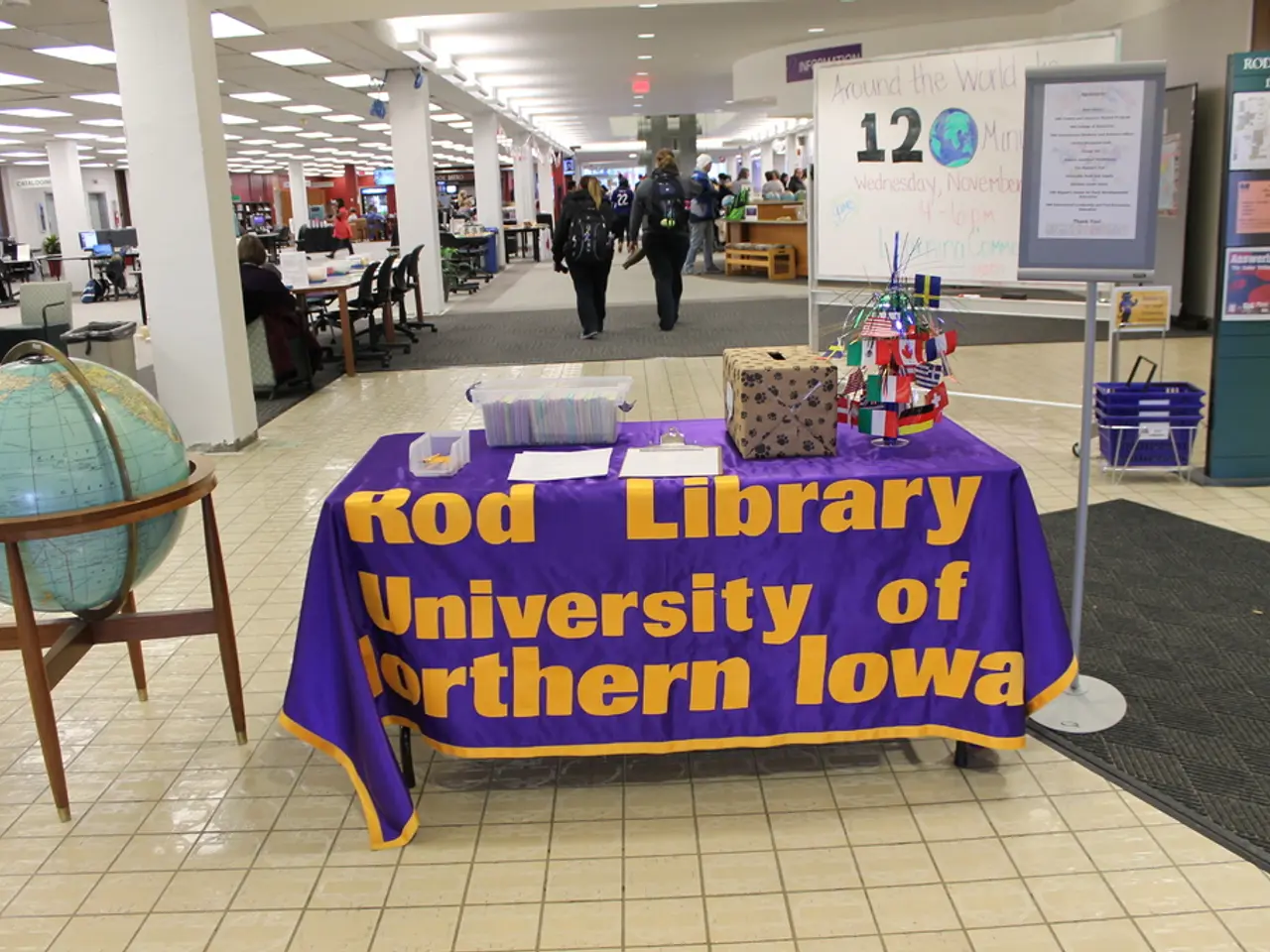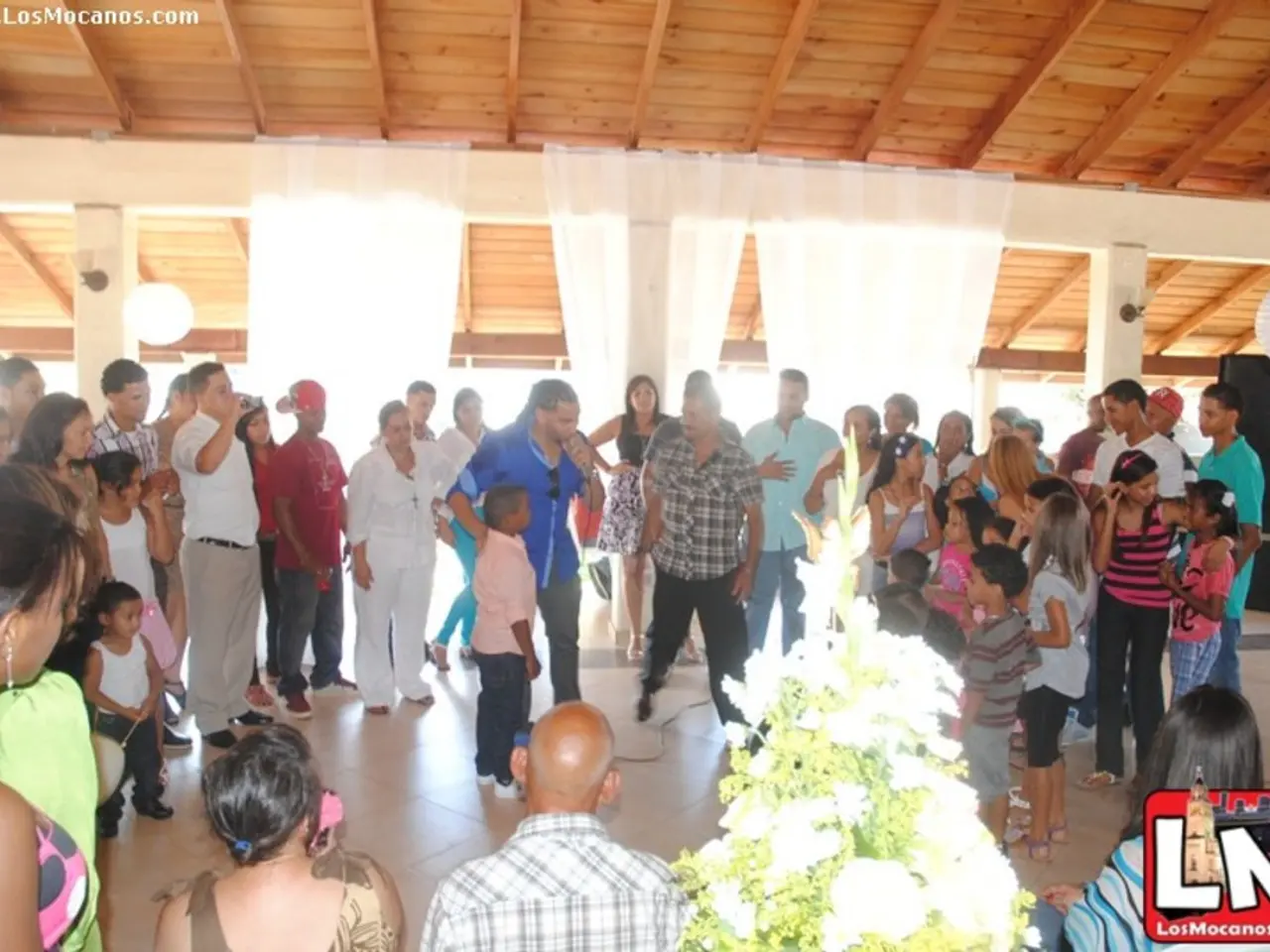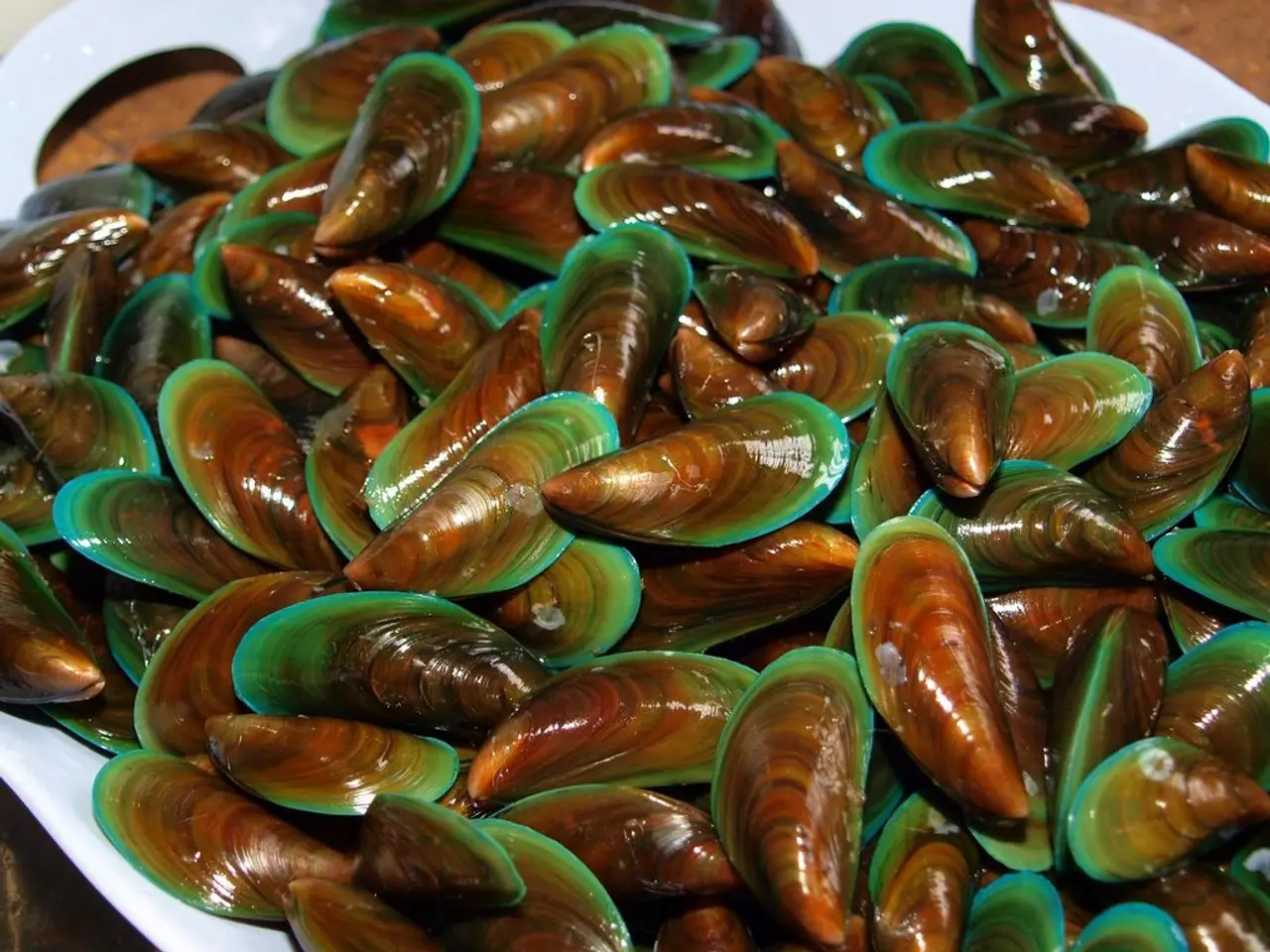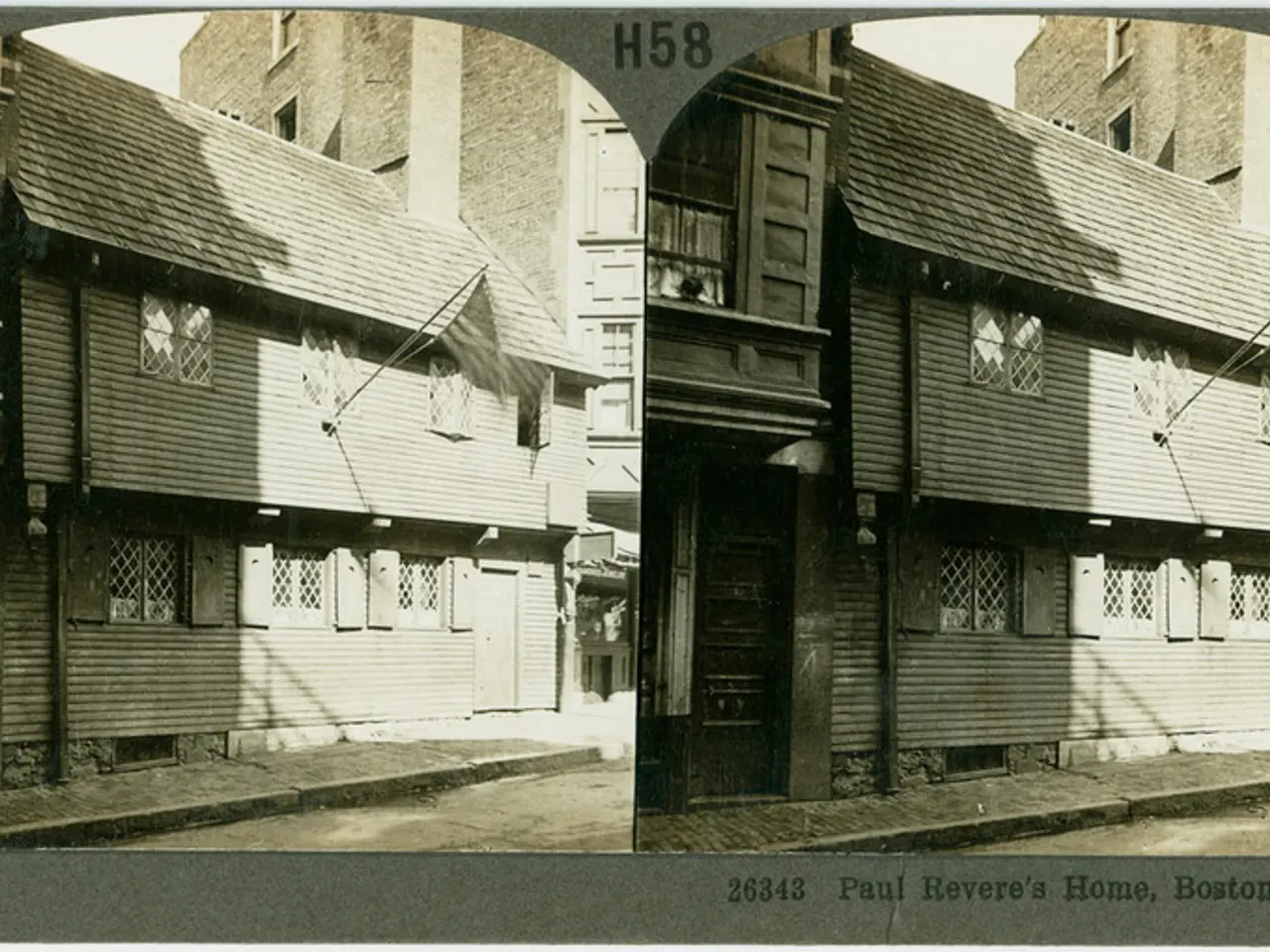Huge crowd of 180,000 people attending the Schützen's Parade in Hanover
Every year, the city of Hanover, Germany, comes alive with the vibrant colours and energetic spirit of its annual Marksmen's Parade. This Sunday, the 10,000 participants marched through the city centre, attracting an estimated 180,000 spectators, making it a significant public event.
The Marksmen's Parade is steeped in history, tracing its roots back several centuries to local shooting clubs that played pivotal roles in community defence and social cohesion. Hanover, a medieval trading village that grew in importance due to its strategic location and royal connections, is the perfect setting for this grand celebration.
Originating as a form of militia training and a significant social event, the parade has evolved over time into a massive public celebration of local heritage and marksmanship culture. It showcases colourful traditional costumes, music, and community participation, making it a major tourist attraction and a symbol of community identity.
The parade, which started at the New Town Hall, stretched over a 3.5-kilometre route through the city centre, culminating at the festival grounds. Paul-Eric Stolle, the President of the Marksmen, officially opened the traditional parade at 10:00 AM.
The Marksmen's Parade is a testament to the region's medieval and early modern past, serving as a living link to the centuries-old tradition of marksmanship clubs ("Schützenvereine") that are deeply rooted in German culture. It emphasises not only the skills of the marksmen but also traditional craftsmanship, folk culture, and regional pride.
This year's parade was another successful celebration of Hanover's rich history and cultural traditions, offering a unique insight into the city's past and present. As the longest parade in Europe, the Marksmen's Parade in Hanover continues to be a significant event on Germany's cultural calendar.
On certain times of the year, the Marksmen's Parade, a grand celebration of local heritage and marksmanship culture, takes over Hanover's city centre, showcasing traditional costumes and music. Despite its historical roots as a militia training and social event, it has evolved to attract tourists and symbolize the community's identity, much like the vibrant colours and spirit of football games.
